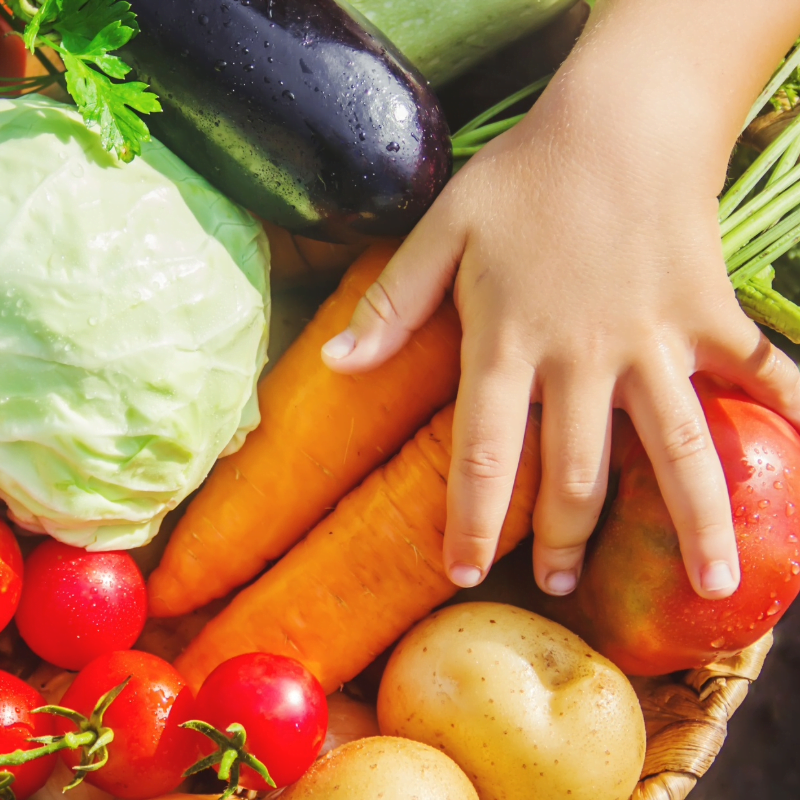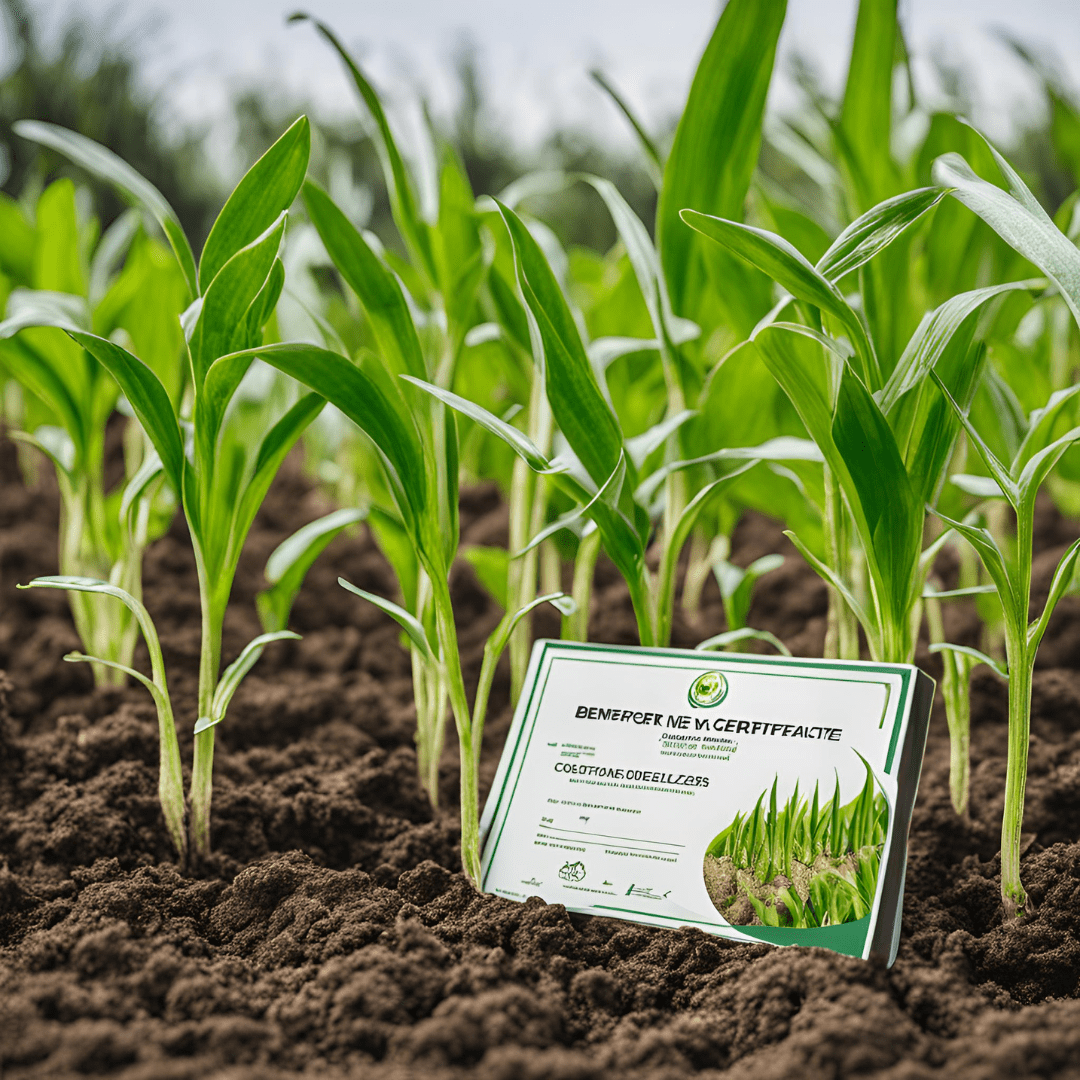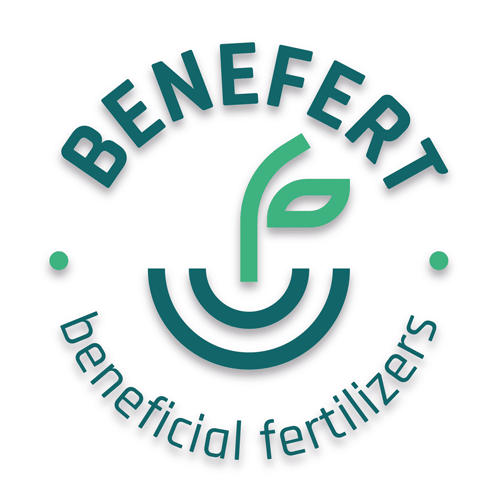
Contrasting weather conditions in Europe affect crops in multiple ways
In recent months, weather conditions varied widely across Europe. In some parts of southern Europe, spring was warm with little rainfall. Further to northeastern Europe, rainfall was particularly heavy for a long time. Despite the exceptionally contrasting weather conditions, yield prospects remain reasonable in most regions of the EU.
Negative impacts of persistently wet conditions in north-western Europe
However, overly wet conditions in north-western Europe negatively affected the yield potential and hampered sowing; most severely in Ireland and the United Kingdom. Conditions improved somewhat in northern and part of western France, as well as in Belgium, the Netherlands and north-western Germany, but winter crops in inadequately drained fields are unlikely to fully recover from the overly wet conditions during autumn and winter.
Wet conditions in parts of Europe delays summer crops but improves soil moisture levels
A distinct rainfall surplus and/or colder than usual conditions caused delays to the sowing of summer crops and impaired other field operations. An important positive aspect of the rainfall surplus is that, from a crop-water supply perspective, soil moisture and ground water levels in most of the areas affected are currently at a very favorable level for this time of year.
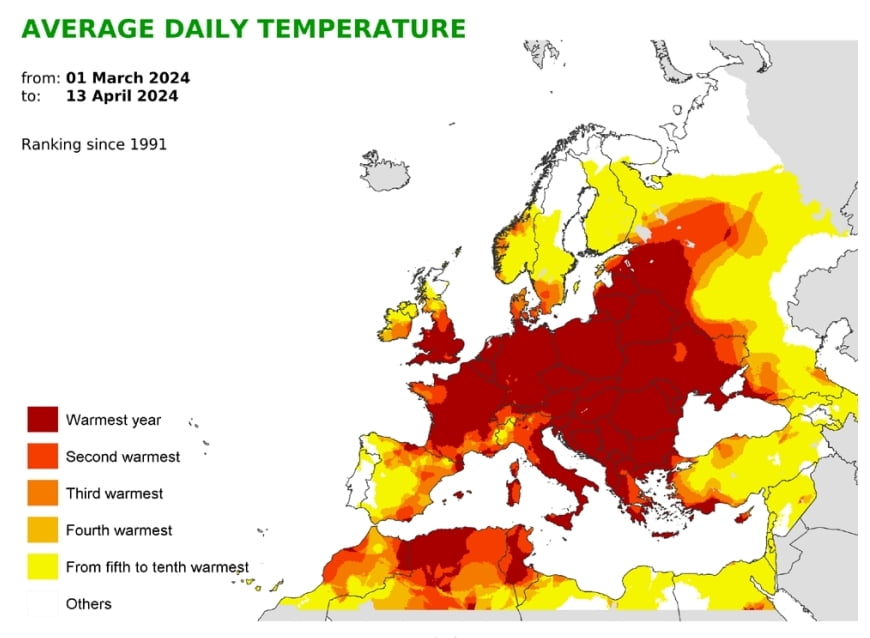
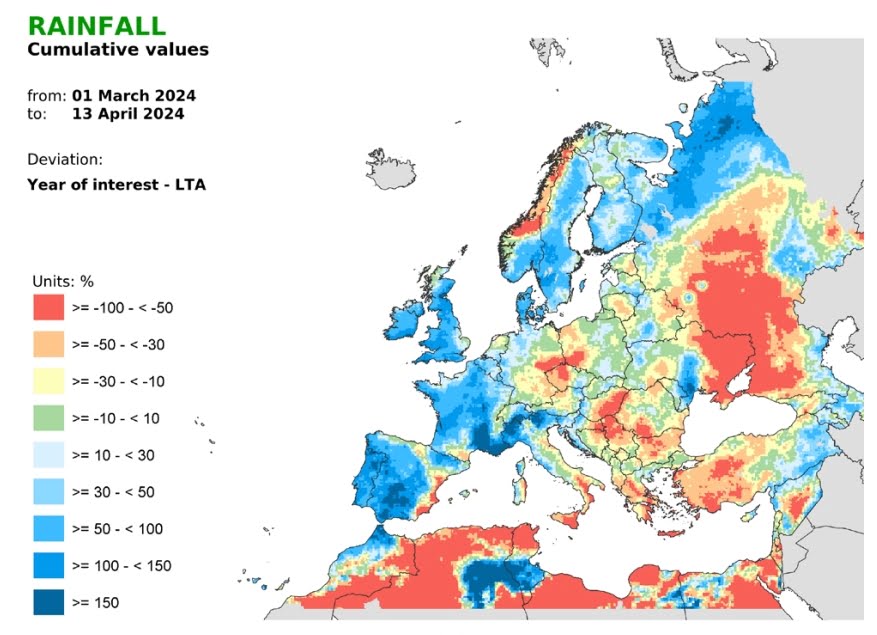
Warm spring weather benefitted crops in some parts of Europe
The most parts of Europe experienced exceptionally warm spring temperatures between early March and April. These exceptionally warm spring temperatures, combined with adequate water supply, benefitted winter crops and created favorable conditions for the sowing and emergence of spring cereals and summer crops.
Dry conditions negatively impacted the yield potential in some southern regions
Water deficit have been negatively affecting the development of winter crops in Central Greece and Cyprus. In Sicilia, as well as in eastern Romania rainfall arrived too late or was too little to fully recover the water stressed winter crops. Severe irreversible drought impact to winter crops is observed in large parts of Morocco and western Algeria.
Organic fertilizers with organic matter are the key to good soil condition
These weather extremes such as drought and flooding are becoming more common in the future. As a result, climate risks in agriculture are increasing, requiring rapid adaptation. In addition to soil fertility, the condition of the soil is becoming increasingly important in the future. Soils with high organic matter are more resistant to extreme weather conditions. Because there is a lot of organic matter in the soil, rainwater will be absorbed better. The water in the soil is also retained longer, just like a sponge. So this gives benefits not only to crops, but to the whole society. Therefore Benefert chooses organic fertilizers with a high level of organic matter for a better condition of the soil.
Source: European Commission
